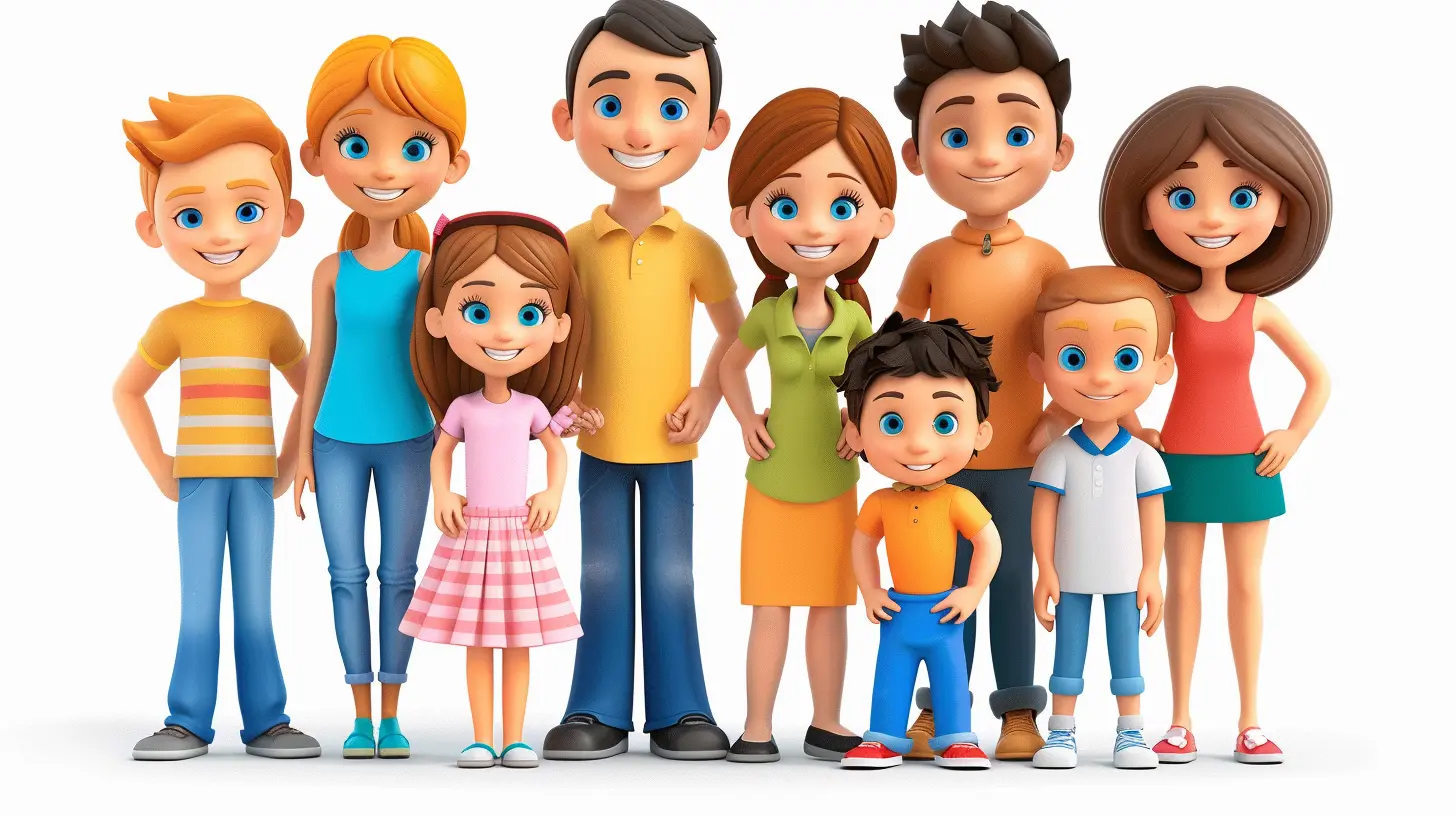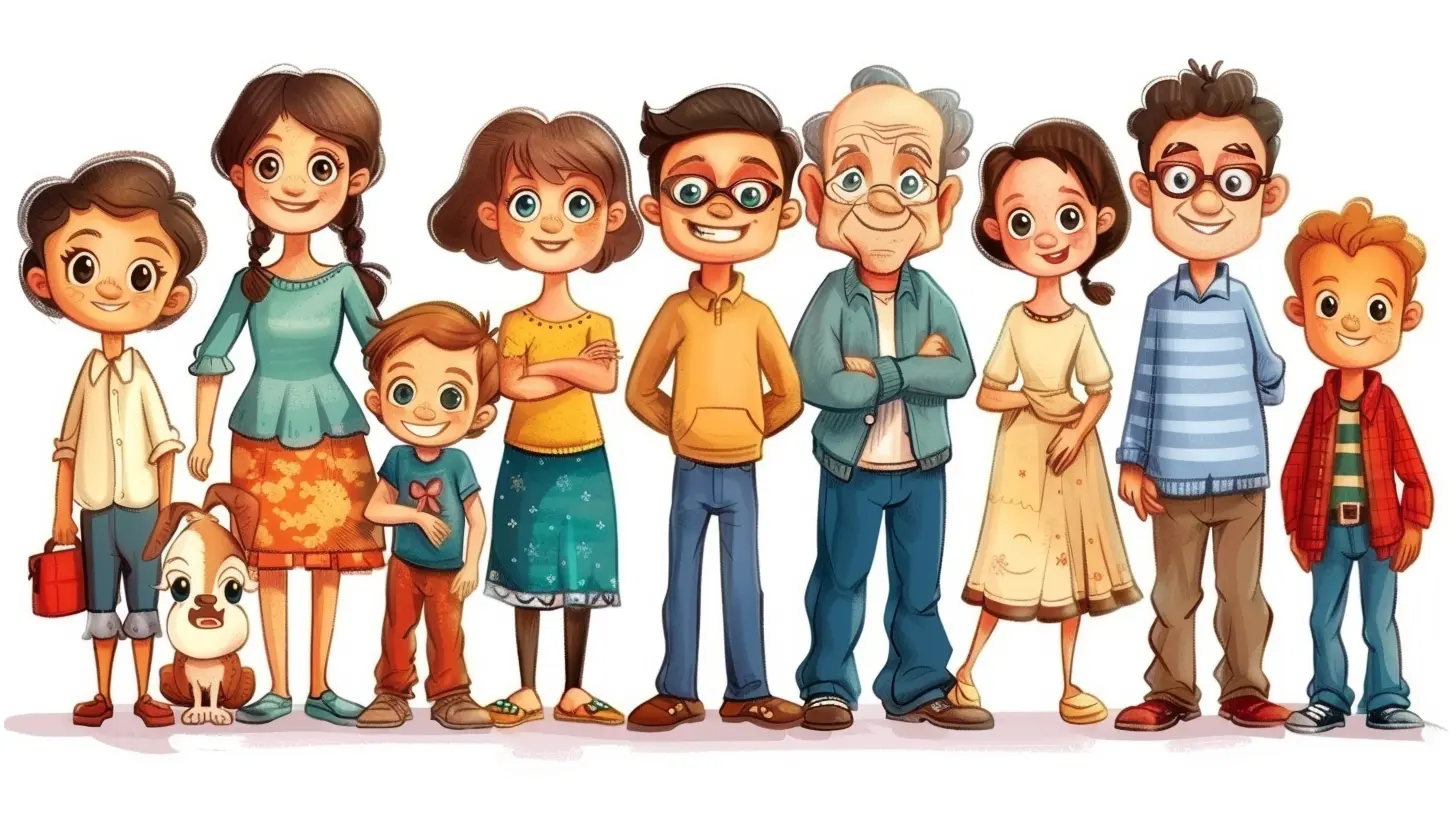The Role of Family in Supporting Character Education
7 November 2025
Ever heard the saying, “Charity begins at home”? Well, so does character! Before teachers start hammering "values" into kids' heads at school, the real action happens right at the kitchen table, between spilled milk and bedtime stories.
In this article, we’ll dive deep into how family plays a crucial role in shaping character education. So, parents, buckle up—this one’s for you!

What Is Character Education, Anyway?
Before we get into the nitty-gritty, let’s clear up what character education actually is.Character education isn’t just about teaching kids to say “please” and “thank you” (though that would be nice). It’s about instilling core values like honesty, respect, responsibility, and empathy. Basically, it’s the secret recipe for raising decent human beings who (hopefully) don’t turn into entitled adults.
And guess what? Schools can’t do this alone. If parents and families aren’t reinforcing these lessons at home, teachers might as well be shouting into the void. (Spoiler alert: They kind of already are.)

Why Family Matters in Character Education
Think of character development like baking a cake. Schools provide some of the ingredients, but families are the ones mixing, baking, and making sure the whole thing doesn’t collapse. Here’s why families are the real MVPs:1. Children Learn by Watching (Yes, Even When You Think They’re Not)
Kids are like little sponges—except instead of soaking up water, they absorb everything parents do. You might think they’re too young to understand, but they’re watching every move you make (cue Sting’s Every Breath You Take).- If you treat people with kindness, they learn kindness.
- If you yell at the driver who cut you off, guess what? Your kid now thinks road rage is normal.
- If you lie about their age to get a cheaper ticket at the amusement park, congratulations! You just taught them dishonesty is okay when it benefits them.
2. Home Is the First School
Long before school introduces lessons on honesty and respect, kids are already getting their first education at home. Parents are the first teachers, and every family interaction serves as a lesson.- Sharing toys with siblings? That’s teamwork and generosity.
- Doing chores? That’s responsibility in action.
- Mom and Dad admitting when they’re wrong? That’s humility and accountability.
See? Every moment is a potential character-building exercise.
3. Emotional Security = Better Character Development
Let’s be real—kids need a safe, loving environment to thrive. When children feel secure, they’re more likely to develop empathy, self-discipline, and respect for others.If home life is filled with fear, neglect, or constant conflict, kids may struggle with emotional regulation. And emotional regulation is a key component of good character. If you want a child to grow up with a solid moral compass, they first need a stable and supportive home.

Practical Ways Families Can Support Character Education
So how can families actively support character development without making it feel like a never-ending lecture? Here are some practical (and not-boring) strategies:1. Lead by Example (Because “Do as I Say, Not as I Do” Doesn’t Work)
Parents, brace yourselves: Your actions speak 10 times louder than your words. If you want your child to be honest, kind, and responsible, you have to be honest, kind, and responsible yourself.- Want respectful kids? Be respectful to them.
- Want them to be patient? Don’t freak out when Netflix buffers for two seconds.
- Want them to apologize when they’re wrong? You go first.
2. Encourage Open Conversations About Values
Dinner table discussions don’t have to be all “So, tell me about your day.” Bring up real-life situations!- What would you do if you saw someone being bullied?
- Is it okay to lie if it helps someone?
- How would you feel if a friend betrayed your trust?
These conversations help kids think critically about morality and character. Plus, it’s way more engaging than a lecture on “Being a Good Person 101.”
3. Praise Effort, Not Just Results
It’s easy to say, “Wow, you got an A! I’m so proud of you!” But what happens if they try their hardest and only get a B? Or a C?Instead, focus on praising effort:
- “I love how hard you worked on this project.”
- “You didn’t give up, and that’s what matters most.”
This teaches resilience, perseverance, and a strong work ethic—key traits in character development. Because let’s be real, life isn’t always about straight A’s.
4. Teach Responsibility Through Everyday Tasks
Chores aren’t just about keeping the house clean—they’re about building responsibility.- Taking out the trash = accountability.
- Feeding the dog = dependability.
- Cleaning their own mess = owning their actions.
Sure, they’ll groan about it now, but one day, they’ll thank you (probably not, but hey, we can dream).
5. Show the Power of Kindness
Kindness isn’t just a “nice-to-have” trait—it’s essential. Families can nurture kindness through small, everyday actions:- Helping a neighbor carry groceries.
- Writing thank-you notes.
- Donating toys or clothes to those in need.
When kids see kindness in action, they’re more likely to carry it into their own lives.
6. Set Boundaries (Because Kids Need Rules, Even If They Pretend They Don’t)
Character isn’t just about being nice—it’s also about discipline. Kids who grow up with clear boundaries and consequences develop a strong sense of responsibility and self-control.- No, you can’t stay up till midnight on a school night.
- No, you can’t throw a tantrum and expect to get your way.
- Yes, you need to apologize when you mess up.
Boundaries teach kids respect—both for rules and for others.

The Lasting Impact of Family on Character Development
At the end of the day, character education isn’t about raising “perfect” kids. It’s about raising kids who grow into good, honest, and responsible adults.And while schools play a role, families are the foundation. A strong home environment shapes a child’s morals, values, and ethical decision-making skills far more than any textbook ever could.
So, parents, keep leading by example. Keep having those valuable conversations. Keep reinforcing the lessons that truly matter. Because in the grand scheme of things, character is what shapes the world—and it all starts at home.
all images in this post were generated using AI tools
Category:
Character EducationAuthor:

Olivia Chapman
Discussion
rate this article
1 comments
Starling McCool
This article beautifully highlights the vital role families play in nurturing character education. By fostering values at home, parents can significantly impact their children's moral development. Embracing open communication and modeling positive behavior will empower the next generation to thrive both socially and emotionally. Together, we can build a stronger, more compassionate future!
November 9, 2025 at 3:41 AM


